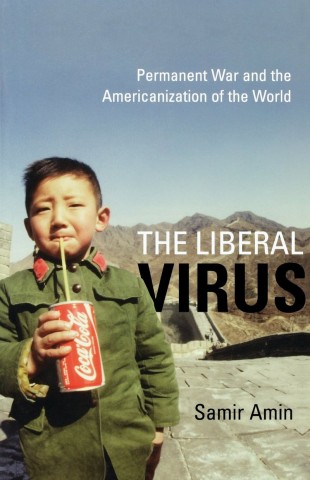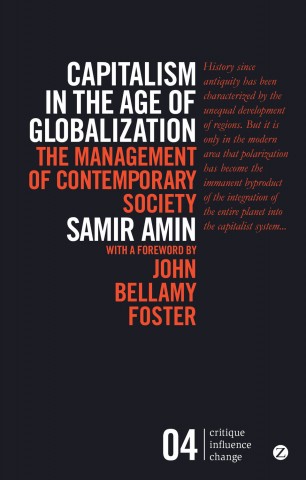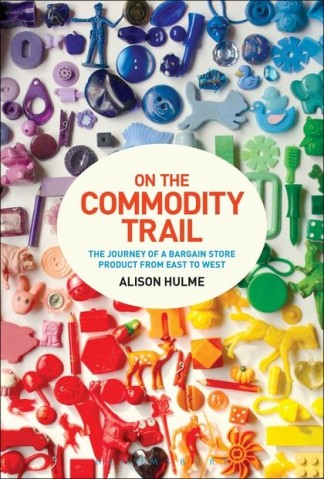Samir Amin (1931-2018) spent his life research, writing and acting against capitalism, in particular highlighting how exploitative is it for the peripheries of the system. On this, Unequal Development (1976), is one of the earlier important works. In its place, he advocated for a socialist system. In the 1970s he introduced the term "eurocentrism", a critique that has influenced all of the social sciences (he wrote a book by that title, published in 1988, which I will aim to cover in a later post). Born in Egypt, he spent much of his life in West Africa, largely writing in French (which he was educated in). This post covers "Capitalism in the Age of Globalization: The Management of Contemporary Society" (1997).
I have the 2014 re-print, which is useful because Amin includes a Preface that he wrote in 2013. In several regards, Amin foresaw many of the challenges that would emerge in the decades that followed the publication of this book, which he reflects on in saying: "So far as I was concerned, the new system was nothing other than the latest stage in moves to world domination by the centres of historical imperialism (USA, Western Europe, Japan), which they sought to impose through exclusive access to the planet's natural resources, a monopoly over modern technology, control of the globalized financial market, and sole deployment of weapons of mass destruction. I maintained that the nations of the South, being victims of this system, would not willingly bow to its demands, and that the North-South conflict was therefore destined to grow in scope and importance" (p. xv)
"Generalized, globalized and financialized monopoly capitalism now has nothing to offer the world, other than the sad prospect of humanity's self destruction, and further deployment of capital accumulation is inexorably heading in this direction. Capitalism has outlived its usefulness, producing conditions that suggest a necessary transition towards a higher stage of civilization. The implosion of the system, caused by the ongoing loss of control over its internal contradictions, signals 'the Autumn of Capitalism'." (p. xxix)
"During the Uruguay Round (which ended in December 1993) Western powers pursued common objectives, while attempting at the same time to reconcile some of their differences. It is important to say it clearly: the common denominator for all the Western powers, throughout this affair, has been a marked hostility toward the Third World. The true objective of the Uruguay Round is to block the competitiveness of the industrialized Third World, even at the expense of the holy principles of liberalism, and thus to reinforce the "five monopolies" of the dominant centers. In this area, as in every other area and at every other time, the double standard prevails." (p. 28-29)
"With Trade Rights in Intellectual Property (TRIP), an offensive has been launched not to reinforce competition, but on the contrary, to strengthen the power of technological monopolies - at the expense, of course, of developing countries for whom the possibility of acquiring the technology they need in order to progress becomes even more uncertain. Will the 'trade secrets' that GATT-WTO wants to include under this category bring us back to the mercantilist monopoly practices of 300 years ago? Even the language used to discuss the topic is not neutral. We no longer speak of knowledge as the common property of humanity, but rather of 'piracy' when someone tries to acquire it! This policy sometimes verges on the obscene: GATT-WTO, for instance, wants to forbid Third World manufacture of inexpensive pharmaceutical products, which are of vital importance, in order to protect massive profits of monopolies in this sector." (p. 29)




